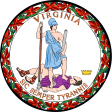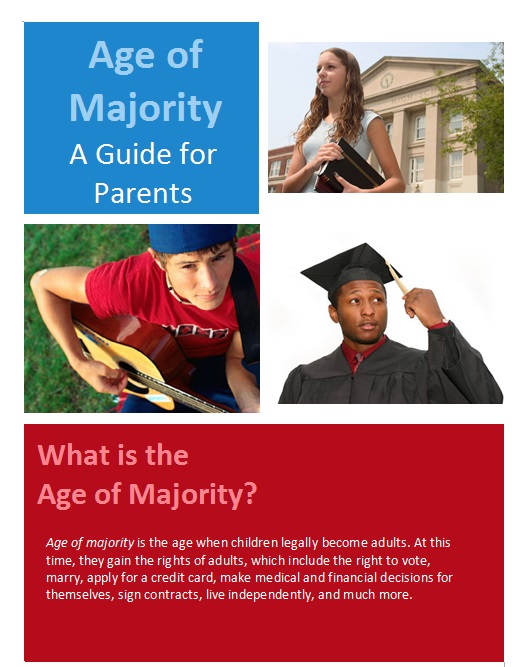A blog post written by Diane Cooper-Gould, Parent & Child Advocate
I distinctly remember the awkward feeling I experienced as the group of moms around me chatted about the adventures of their older kids while our youngest played at our feet. Their children were in boy scouts, soccer, and advanced academics. I just nodded, having no frame of reference and nothing to say. Or rather, I had too much to say and I didn’t want to ruin the light mood. It seemed that my little family of four was further and further out of step with the other families around us. I desperately wanted to connect, but how could I explain prolonged fights with a 7-year-old over brushing his teeth, or the endless bedtime ritual needed to soothe my agitated child who was unable to sleep? Surrounded by a group of friends that I had known for several years, I felt utterly alone.
I want to be clear, everyone was very nice. I’m lucky in that. But as I revealed more of my struggles, I felt the uncomfortable pauses, and I saw the pitying looks. I began to feel judged over the disruptive behavior of my oldest child. I felt increasingly like a failure and too exhausted and frazzled to be a good enough wife and mother. I felt desperately lonely and out-of-sync. I wondered if I would ever again find a circle of people with whom my little family would fit?
I decided I had to. I just had to.
As therapy and doctors’ appointments increased, so did my time in countless waiting rooms. I noticed that I felt surprisingly connected to the other haggard parents apologetically corralling their upset children and distracting them with iphones while attempting to fill out yet another endless stack of intake papers. I’d overhear the frazzled conversations with the receptionist about insurance coverage and copays. We’d catch each other’s eyes and then share a smile and a word of understanding. Those brief exchanges were like a balm to my soul. The endlessness, the exhaustion, the waiting, the mounting debt, the fear, the loneliness, they GOT IT.
It occurred to me that here had to be a way to bring us, the weary and the war-torn waiting room parents together. And thus, I was inspired to start the special needs parent support group that I have now been running for 7 years. What started as a little online group of 13 people is currently running strong with over 260 members.
Over the years, I have found connection and built community by creating a variety of groups including social groups, artistic groups and advocacy groups. Most recently, I co-founded and have been President of Fairfax County Special Education PTA in Fairfax County, VA. We are a non-profit organization that advocates and provides support for the over 26 thousand students with disabilities in Fairfax County Public Schools, their families and the professionals who work with them.
I have learned so many lessons during my years of creating community through group-building. I have learned about what works and what doesn’t, and the skills needed to start, grow and keep a community thriving over time. I’ve learned this through trial and error and my life has been hugely enhanced for the better along the way.
I still feel lonely sometimes, I think we all do. But I don’t feel lonely all the time anymore. And I know that I have a community that I can call on when I need to be seen, heard and understood. Some of these people that I likely would not know otherwise are now my closest friends and colleagues. Quite unexpectedly, these communities I have made have opened up worlds of opportunity for me and for others. They have inspired new avenues of thought, adventure and career possibilities for me as well as friendship, fun and hope.
My mission now is to teach other parents how to do the same. I want every parent to have a community to reach out to – to laugh with, to cry with, to advocate with, and with whom to share knowledge. None of us should feel alone and isolated. We are in this together.
Please join me on May 9, May 23 and June 6, 2019 for a 3-part Webinar Series hosted by PEATC and The Virginia Department of Education during which, I will teach you how to cultivate a community of support tailored to your needs.
Part One: Defining your Community of Support will air live at noon on Thursday, May 9.
Part Two: Getting Started: Creating and Launching Your Community of Support will air live at noon on Thursday, May 23.
Part Three: Sustaining and Growing Your Community of Support will air live at noon on Thursday, June 6.
I hope you will join us! I look forward to building community with you.
**To register for these webinars, please register below:
Thursday, May 9th: https://zoom.us/webinar/register/WN_tuEDfcOSQiaIrOgA1lkTEg
Thursday, May 23rd: https://zoom.us/webinar/register/WN_YfIZXzWdRki3WSbiaAUtxg
Thursday, June 6th: https://zoom.us/webinar/register/WN_hPb6vpwNR0KnXufxbZKdNQ








